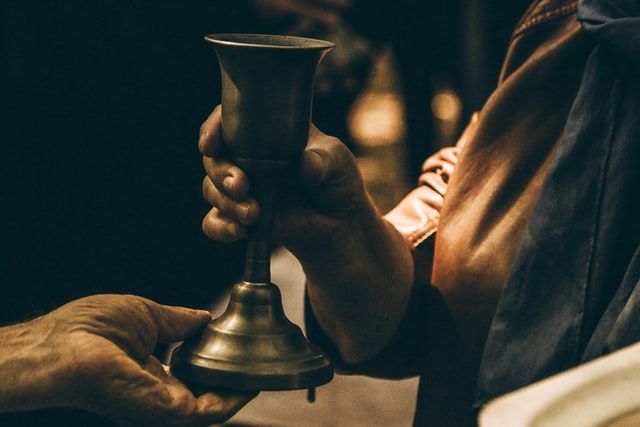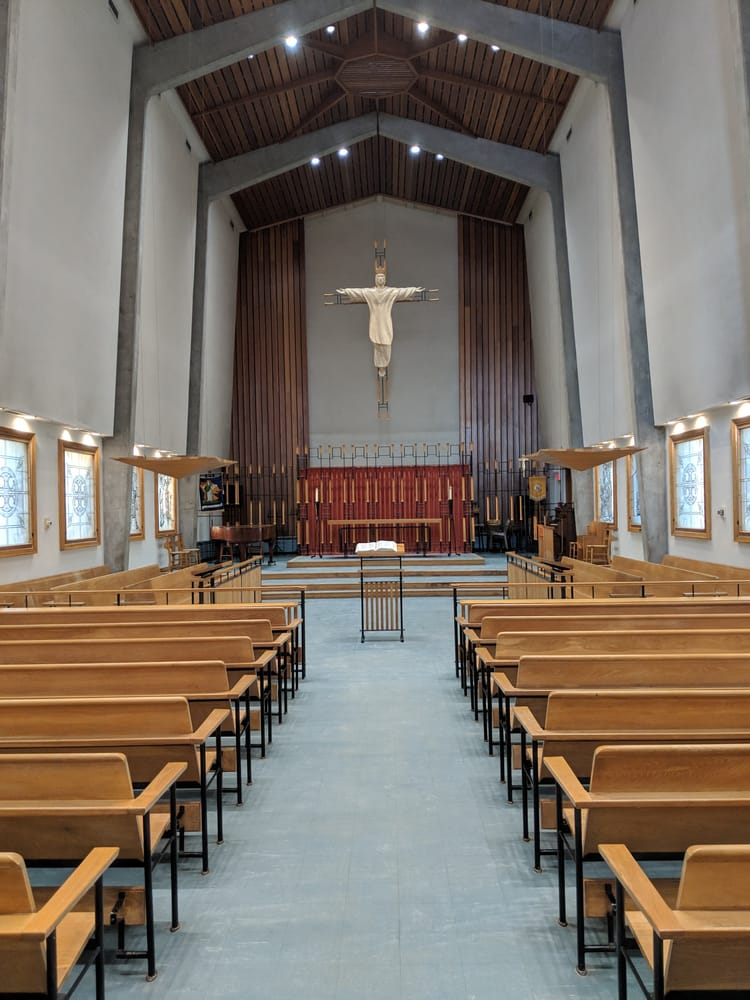Deacons in the Eucharist

Questions about who does what—and why—in Christian worship and why can, and have, filled books. Generally, the role of an order (baptized, deacons, priests, and bishops) in worship reflects the role of those people in the life of the Body of Christ outside of worship. Every community has different circumstances and resources when they gather to worship. Not every parish has a deacon present for their liturgy on a regular basis. When present, there are a number of traditional and historical roles that deacons have in a Christian community’s celebration of the Eucharist. This article tries to cover and explain some of those roles.
If this article was a single sentence, it would be: The deacon proclaims the Gospel, leads prayers, assists at the altar, gives directions to the people, and coordinates ministries. These duties are covered during a deacon’s ordination, in the examination. The deacon affirms that they will make Christ and his redemptive love known in the world, interpret to the Church the needs, concerns, and hopes of the world, and assist the bishop and priests in worship and the ministration of God’s word and sacraments.
Deacons proclaim the Gospel in worship as a liturgical reflection of their promise to make Christ known in the world. A deacon’s ministry in and out of worship is centred on helping others to know the love of Christ, both in words and deeds. What better liturgical expression than to proclaim the Gospel during worship?
The deacon prepares the altar for the celebration of the Eucharist, receiving the bread and wine, filling the chalice, and setting the bread and wine in place. Historically, it is the priest who shares the bread and the deacon who shares the chalice with the people during communion. The deacon also assists with ablutions after communion is shared and removes vessels and linens no longer needed from the altar. These duties reflect the deacon’s call to assist in worship and the ministration of sacraments, but are also reflective of the deacon’s traditional, historical role as an organizer and administrator. For much of the Church’s history, deacons were the managers of ministries such as the visiting of the sick and imprisoned, the distribution of food and money to those in need, and the administration of hospitals and hospices. These ministries of assistance and hospitality are reflected in the deacon’s traditional liturgical role of caring for the material details at the altar before and after the Eucharistic prayer, elevating the chalice at the end of the prayer, and carrying the chalice during communion.
Also related to these ministries of service is the deacon’s traditional role as the leader of the prayers of the people. The deacon promises to interpret the needs of the world to the Church and is, traditionally, on the front line of the Church’s ministry to the world during the week, working in hospitals, kitchens, orphanages, and similar places. Deacons were often also the first point of contact for families and members of a community who needed assistance. This daily experience means the deacon has their finger right on the pulse of what their community should be praying about in worship.
Another way deacons assist in worship is by giving directions to the people. In many traditions it is the deacon who says “Let us pray,” before the presider prays the collect, prayer over the gifts, and prayer after communion. Similarly, when the priest has pronounced the peace, it is often the deacon who invites the people to greet one another in the name of the Lord. Deacons also often give directions regarding posture, inviting the congregation to sit, stand, or kneel.
This role as organizers and direction-givers in the life of the Church is also why deacons are traditionally responsible for coordinating and supporting the liturgical ministries of the baptized. Historically, it is often a deacon who organizes the rota of readers, servers, greeters and other lay ministries in worship.
In many traditions, deacons do a great deal of singing. The Gospel and prayers of the people might be chanted, rather than spoken. Singing can be a beautiful means of sharing these important words with a community and, in many spaces, also makes the words easier to hear. Deacons also serve as leaders of the congregation’s sung responses in dialogues with the presider and support the congregation in their singing of psalms and hymns. The dismissal at the end of worship is another example of the deacon giving directions to the people. The dismissal also reminds everyone, as they leave worship and return to the world, that it is the vocation of every Christian to serve God and display the love of Christ in their lives. “Go in peace, to love and serve the Lord.”
This article was originally published in the Rupert’s Land News.





